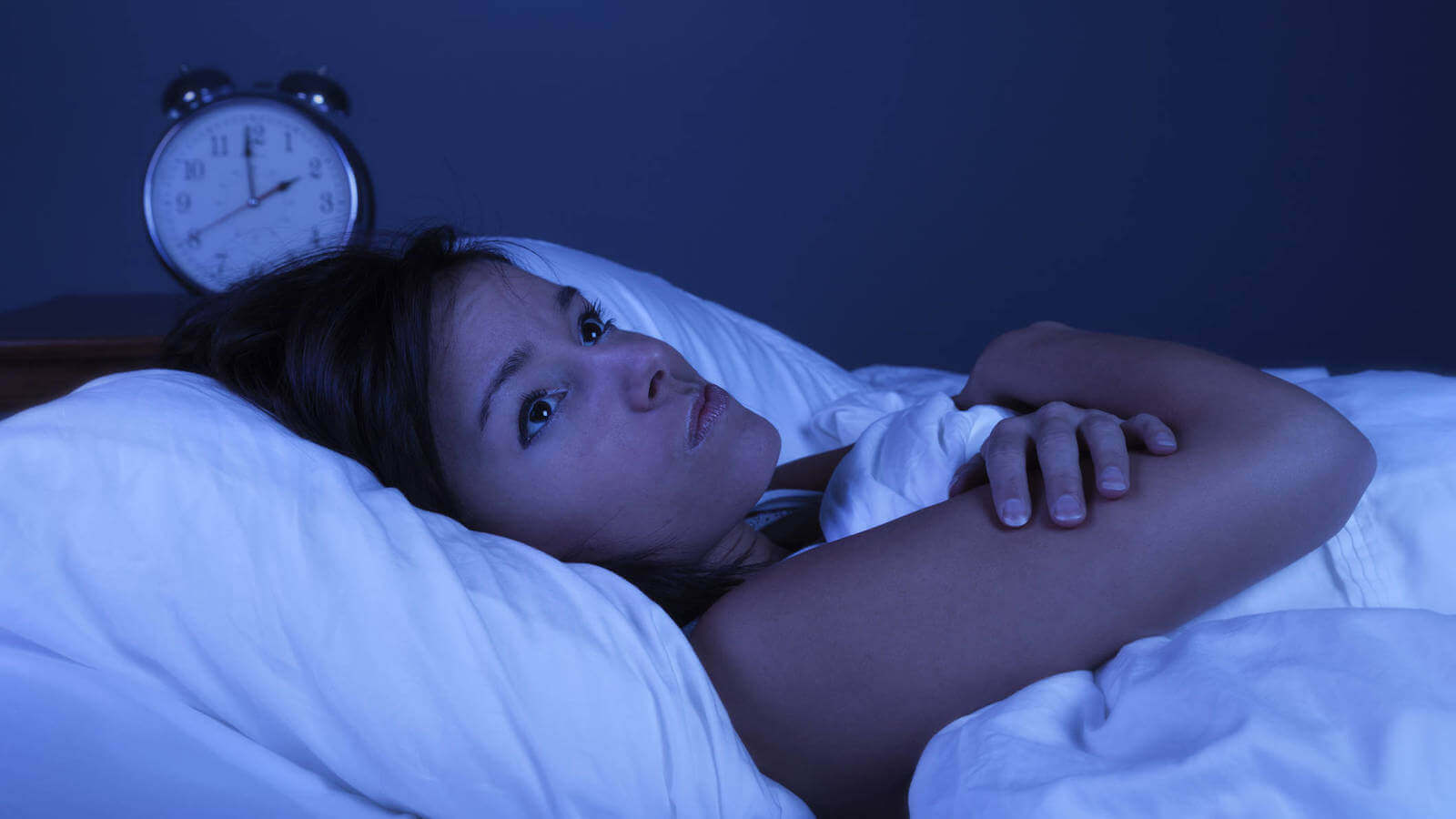What to Do If You Wake Up at Night


Reviewed and approved by the doctor Karla Henríquez
What if I wake up in the middle of the night?
Waking up in the early hours of the day and failing to fall back asleep is exasperating. We want to rest because the alarm clock won’t go off for a while and we know that without a good night’s rest, we’ll turn into zombies the next day.
Waking up in the middle of the night can be a consequence of different reasons: hearing a loud sound from outside (such as a firetruck siren, for example), having a nightmare, getting too cold or hot, etc.
Once we wake up, it can be quite tricky to fall asleep again. Some people choose to switch up their sleeping position a couple times in their bed. On the other hand, there are some people that choose to get up and finish things on their to-do list (sometimes even out-of-the-ordinary activities as well).
Enjoying a good night’s sleep is essential for our physical and mental health. Not getting quality sleep leads to apathy, irritability, memory and attention problems, drowsiness and many other negative results.
Additionally, work and social relationships deteriorate when we don’t get enough rest.
When should we be worried about waking up too soon? When it happens more than three times a week. It could be a sign that we’re too stressed, anxious or nervous. In the long term, it’ll have serious implications for our health.
We recommend that you read: 11 Tips for Sleeping Well and Feeling Refreshed
Getting up to prep for sleep

If we wake up in the middle of the night, something we can try is getting out of bed, leaving the room, turning on a dim light and doing a relaxing activity for 20 or 30 minutes.
After said time, go back to bed and try to sleep. Of course, what we consider to be “a relaxing activity” is up to personal judgement. For some, it might be meditating or practicing yoga while others might read, play cards or look through photographs.
In any case, it should be an activity that doesn’t rev up our nervous system. For no reason whatsoever do we need to turn to coffee, alcohol or tobacco.
If we want to use a tablet or cellphone, we really should reduce the screen contrast and light to the max and avoid white, green and blue lights that inhibit melatonin production (which is a hormone that allows us to sleep).
If we want to watch television, choosing an appropriate program is essential for falling back asleep. You’re better off without action, violent news or videos with flashy colors and lights.
If we go back to sleep and wake up again, do the same thing except if you wake up again 1 or 2 hours before the time you were planning to wake up. In the latter case, it’s better to get up and just start the day earlier.
We’ll definitely have enough chores that we could get a head start on (preparing dinner, jotting down a grocery list, laundry, tidying up rooms, etc.).
How to recover from waking up during the night
No matter how poorly we might have slept the previous night, we can’t make the mistake of compensating with a 3 hour nap. We also can’t manually set back our clock and wake up later. These ideas only worsen insomnia, turning it into a chronic problem.
If you wake up during the night or have insomnia, the best thing to do is to wait until night falls in order to sleep.
After a night of insomnia or waking up at odd hours, you should try to recover your rest as soon as possible so that you can see to your obligations and activities the following day. Some advice that might help are the following:
1. Raise vitamin B12 intake

If you don’t rest sufficiently, your body consumes higher quantities of B group vitamins (energy sources). If this nutrient becomes scarce in your body, it’ll make you feel sluggish, moody as well as unable to concentrate. To recuperate this lost vitamin, you can eat any of the following foods:
- Clams, oysters, mussels.
- Fish, octopus, squid.
- Liver.
- Cheese.
- Eggs.
Want to know more? Read: How to Know if You Have a Vitamin B12 Deficiency
2. Drink ginger tea
This root has a lot of properties that we shouldn’t think twice about adding to our daily diet. When we suffer from waking up at odd hours in the night, there’s an increase in the hormone cortisol and it leaves our body in a state of constant stress.
Elevated levels of cortisol also raise blood pressure, provoke anxiety and reduce immune responses. In order to counteract these negative effects, there’s nothing better than a cup of ginger tea. It’s very simple to make.
Ingredients
- ¼ teaspoon of grated ginger (2 grams).
- 1 cup of water (250 mililiters).
- 1 tablespoon of honey (20 grams).
- 1 black tea bag.
Preparation
- Heat up some water and put it in a mug.
- Add the teabag and leave it to steep for 5 minutes.
- Take out the bag and add the ginger.
- Stir and sweeten with the honey.
Avoid sugars and fat

Foods abundant in carbohydrates, fats and sugars aren’t recommendable in the least bit because they immediately “unleash” energy.
You might think that fast energy is what you would need in order to feel better after waking up during the middle of the night, but this effect is just temporary. After a few minutes, you’ll feel even more tired that you did before.
Instead, choose to eat healthy foods that are rich in proteins, fiver and natural fats that’ll offer you longer lasting energy. Say goodbye to waking up during the middle of the night!
This text is provided for informational purposes only and does not replace consultation with a professional. If in doubt, consult your specialist.








